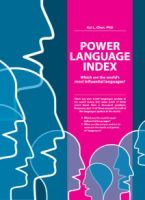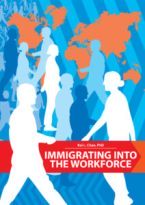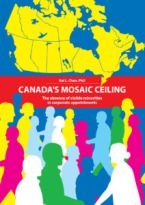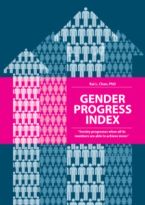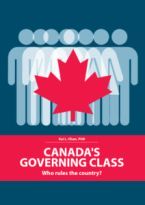
Travel outside your comfort zone
Summer is almost here. Many Princeton students will be using this time to travel. When students here speak of travelling they often mean to places like Florida or California. Or if they are going abroad, they typically mean to Mexico or (western) Europe, and these trips usually include stays in hotels, and time spent on the beach and other touristy areas. Not all Americans travel like this; however, for anyone who has ever backpacked — and especially outside of Europe — they can attest that Americans are in short supply. Indeed, in my encounters I have met many Germans, Britons, Australians, Israelis, New Zealanders, Japanese and Canadians, but few Americans. A traveller whom I befriended while hitchhiking through Atlantic Canada remarked that when he travelled he was usually able to distinguish between Americans and Canadians. “Americans,” he said, confirming a stereotype amongst backpackers, “do not stray far from the beaten path and prefer the comfort of a hotel.”
There is an unfortunate consequence because of this phenomenon. It is much harder to appreciate the suffering of people when you have not had a chance to interact with them. I believe there would have been much greater protest to the war in Iraq if more Americans could relate with Iraqis. As it stands, for 99 percent of the American populace, Iraqis are just faceless people that they see on the 11 o’clock news.
So here is my challenge to Princeton students. Instead of embarking on a summer trip to the French Riviera, London, Venice, etc., why not trek through Thailand? go mountain climbing in Nepal? or hitchhike through Uzbekistan? Better yet, when you depart for these places go with no itinerary other than your date of arrival and departure. What better way to enjoy life than to enter a foreign land, where you do not speak the language, and then try to live day to day? But seriously, this is actually quite fun and is certainly challenging (and after a week of eating alone and not speaking English to anyone, that is when you will “find” yourself — seriously. In any case, even as you travel alone, you are likely to spend most of your time in the company of other travellers and, if you are lucky, as a guest of the locals.)
The best part of trips like this is that you will learn a lot about yourself and about your fellow man. You will feel lost and overwhelmed at times, but hey, life should not be a routine. So go ahead, pack two pairs of jeans, two T-shirts, one sweatshirt, three undergarments, a couple pair of socks, and a toothbrush into your rucksack, put on a comfortable pair of shoes and venture to a strange land. And while you are there be sure to do things that you would not — or could not — normally do in your daily life: Eat barbecued tarantulas and stir fried grasshoppers; Walk barefoot through a snake-infested jungle; Go mountain climbing in your sneakers and T-shirt without any provisions; etc. It might sound dangerous, but you cannot begin to enjoy life until you are no longer scared of 35
death. And what is the end benefit of bamboo rafting through Thailand as opposed to sun bathing on the Côte d’Azure? Well, for one, you will have an interesting story to tell your friends, but more importantly you might gain a new perspective on life.
Going to a foreign land where English is not spoken, and not knowing where you will be sleeping on any given night, and having no clue where you will be in 24 hours will keep you on your toes. And at the end of the day it is fun — certainly more so than staying in the Ritz Carlton and tanning on a beach full of tourists. This is not to knock vacationing in Europe or other “safe” destinations, but the truth is that for most of us, Europe is far too familiar (and is something that can be enjoyed at a later age). The fact is that you are young just once, and the opportunity to do some offbeat travelling is much harder once you are married or have a serious job. In any case, you need not go far to challenge yourself — just make sure that you do things out of your comfort zone.
Kai L. Chan is a graduate student in the economics department. He is from Toronto.
The Daily Princetonian: “Travel outside your comfort zone”
Published: Friday, May 16th, 2003


